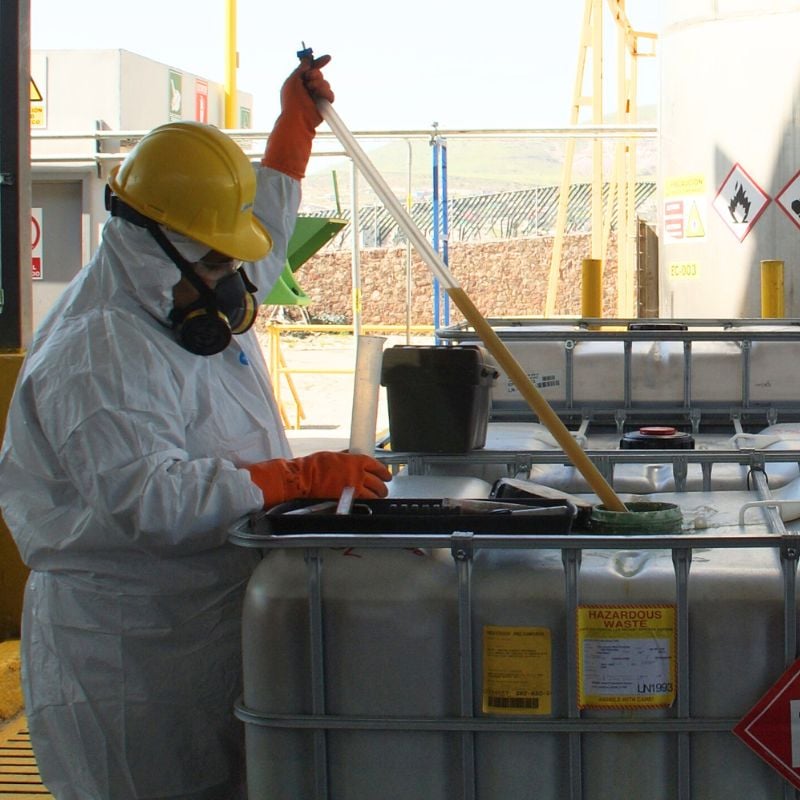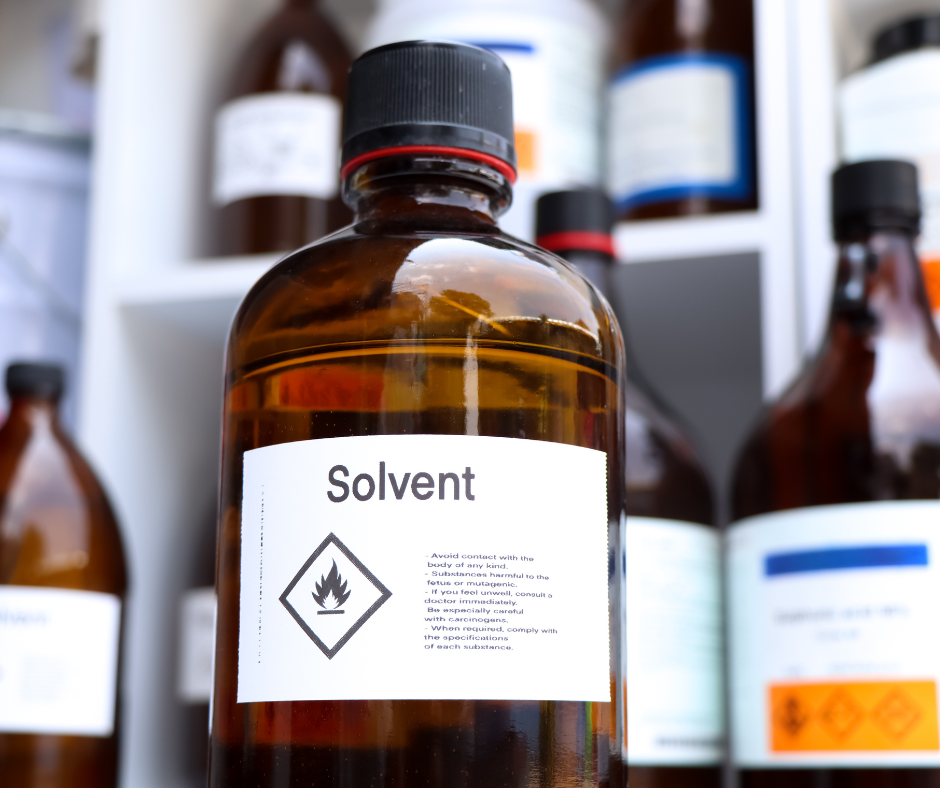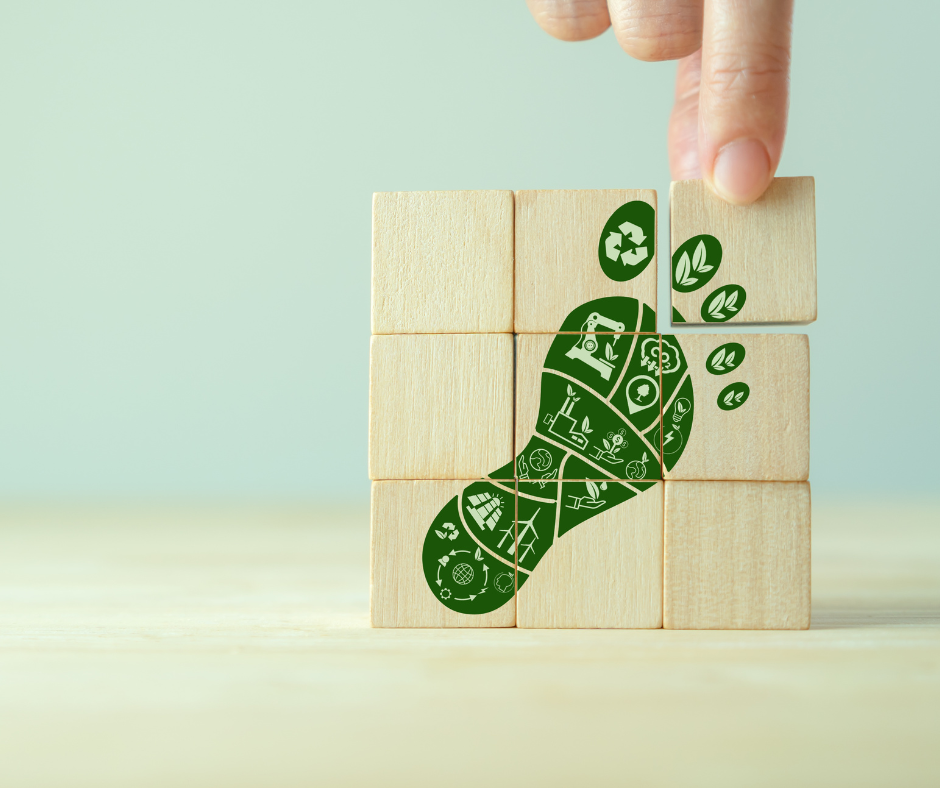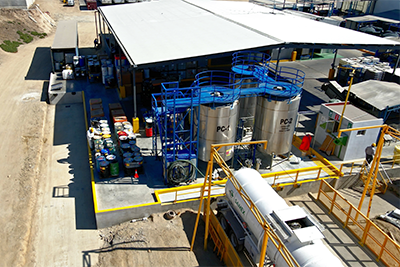What’s The Difference Between Solvent Distillation And Solvent Extraction?
Navigating the complexities of hazardous waste management can become particularly challenging if your business is seeking environmentally friendly...
3 min read
 Larry Burton
:
May 16, 2024 10:34:00 AM
Larry Burton
:
May 16, 2024 10:34:00 AM

If you are looking to unlock efficiency and reduce your solvent disposal costs, state-of-the-art equipment that Samex Environmental provides to its customers could be the key you need to harness resources more effectively than ever before.
At the heart of solvent distillation lie cutting-edge apparatuses crafted to streamline operations with unparalleled precision. Here is how the seamless synergy of these technologies empower industries like yours to soar toward sustainability goals while meeting regulatory standards.
Solvent distillation is a process where a liquid or vapor mixture of two or more substances is separated into its component fractions of desired purity. The solvent distillation process separates the solvents from other substances through the application of heat.
fractions of desired purity. The solvent distillation process separates the solvents from other substances through the application of heat.
The basic principle is to heat a liquid mixture containing solvents, causing the solvent to vaporize. The vapor is then condensed back into a liquid form, resulting in the separation and recovery of the solvent.
What is a solvent? A solvent is a molecule that can dissolve other molecules. These molecules are known as solutes. A solvent can be solid, liquid or gas. A solvent’s molecules pull apart the solute’s molecules, and eventually, the solute’s molecules become evenly distributed throughout the solvent. High temperatures or another chemical process must be applied to the solution in order to separate the solvent from the solute.
Some examples of solvents include:
Many solvents can be recycled, reprocessed and reused. Some of the most commonly recycled solvents include:
Solvent distillation serves several important purposes, depending on the specific context and application. Some of the primary purposes include:
Overall, the purpose of solvent distillation is to obtain pure, high-quality solvents, recover valuable materials and minimize environmental impact, making it a crucial process in various industries and scientific fields.
Solvent distillation uses apparatuses designed for different purposes and scales of operation. For example, at Samex Environmental, you will find a:
Environmental, you will find a:
Let’s take a look at how distillation apparatus technology works together to facilitate the precise separation, purification and recovery of solvents.
There are four general steps in the solvent distillation process:
The solvent distillation process reduces waste and helps your business achieve cost-effective solvent recovery. As part of the solvent recycling process, solvent distillation is an environmentally-friendly and sustainable option for your industrial waste.
Economic resources are saved when halogenated and non-halogenated solvents are distilled and ultimately recycled, reducing the need to purchase virgin raw materials. Your business can also reduce the amount of waste you generate through a strategic solvent recovery plan.
The solvent recycling process at Samex is the perfect example of how your business can further minimize its impact on the environment. The use of highly energy-efficient technology at Samex results in a high recovery volume. The solvent distillation process reduces volatile organic compound (VOC) emissions and enables the recycling and sustainable processing of chemicals.
The coordinated operation of solvent distillation apparatus technology not only enables the successful recovery of solvents, but the pivotal role this process plays in sustainable practices and industrial efficiency.

Navigating the complexities of hazardous waste management can become particularly challenging if your business is seeking environmentally friendly...

In manufacturing, efficiency isn’t just about maximizing production. It’s also about minimizing waste.

Companies grappling with solvent waste face a pivotal decision in choosing the right solvent distillation plant, a decision that directly impacts...